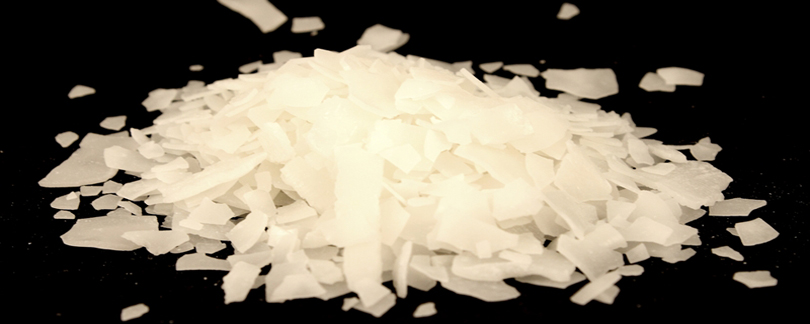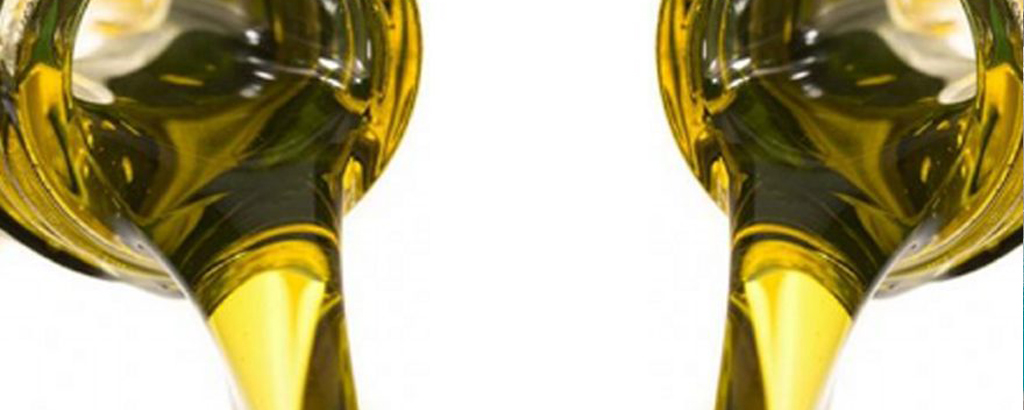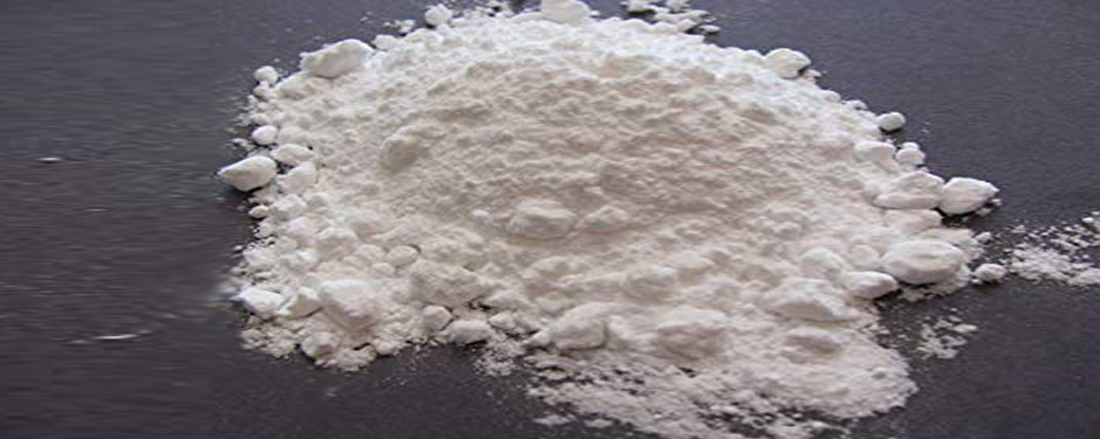SPIRULINA Powder supplier in Mumbai, Delhi, Kolkata, Chennai, Dubai UAE, Muscat OMAN
Spirulina is the dried biomass of cyanobacteria (blue-green algae) that can be consumed by humans and animals. A blue-green algae that is rich in protein, vitamins, minerals, carotenoids, and antioxidants that can help protect cells from damage.
Dried spirulina contains 5% water, 24% carbohydrates, 8% fat, and about 60% (51–71%) protein.
Frequently Asked Questions on Spirulina
What does spirulina do to the body?
Because spirulina is high in nutrients and antioxidants, it may help lower inflammation in the body. It may improve your immune system and heart health, and reduce the risk of several diseases.
Is spirulina safe to take every day?
Spirulina is considered safe, even in high doses. Experts recommend getting no more than 8 grams per day.
What foods is spirulina found in?
Spirulina is a type of algae. It’s sometimes added to certain foods and beverages, such as smoothies, popcorn, and energy bars.
Is spirulina good for you to lose weight?
Spirulina is low in calories and high in protein, which can help you feel full and fend off hunger. Research suggests that it may encourage weight loss.
One Tablespoon of Spirulina contains
- Calories: 20
- Protein: 4 grams
- Fat: 1 gram
- Carbohydrates: 2 grams
- Fiber: 0 grams
- Sugar: 0 grams
Spirulina is a good source of:
- Thiamine (vitamin B1)
- Riboflavin (vitamin B2)
- Niacin (vitamin B3)
- Copper
- Iron
Spirulina also contains magnesium. This mineral supports normal daily functions like muscle movements and your heartbeat. It’s also responsible for producing protein and creating energy – but most people don’t get enough in their diet.
Food and Nutritional Value of Spirulina
Dried spirulina contains 5% water, 24% carbohydrates, 8% fat, and about 60% (51–71%) protein. An amount of 100g of spirulina in supplement form as a dried powder supplies 290 kilocalories (1,200 kJ) and is a rich source (20% or more of the Daily Value, DV) of numerous essential nutrients, particularly protein, B vitamins (thiamin, riboflavin, and niacin, providing 207%, 306%, and 85% DV, respectively), and dietary minerals, such as iron (219% DV) and manganese (90% DV).
How to take Spirulina in your Diet
Experts recommend taking no more than 8 grams of spirulina a day. That’s a little more than two teaspoons of the blue-green algae. You can use it in the following ways:
Spirulina powder
- Try adding the powder to guacamole, hummus, or pesto. You can also sprinkle it on popcorn and salads, or mix it into energy balls or granola bars. Spirulina has an earthy, fishy flavor that some people may find off-putting.
Spirulina tablets
- If you don’t like the taste of spirulina, a tablet or capsule may work for you.
Adding spirulina to drinks
- Spirulina adds nutrients to any smoothie. You can also stir spirulina powder into juice; the sweetness can mask the flavor.
#SPIRULINAsupplierinINDIA
#SPIRULINAsupplierinUAE
#SPIRULINAsupplierinOMAN
#SPIRULINApowder
#SPIRULINAbenefits








